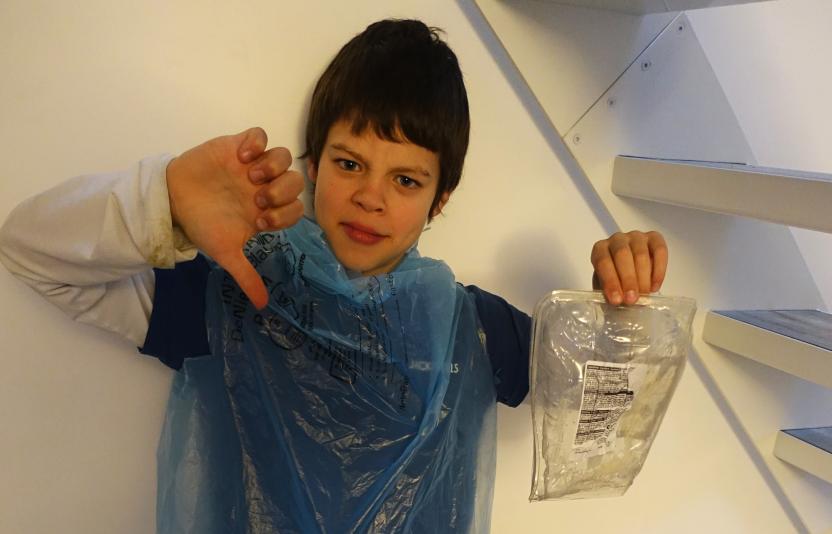Welcome to our new Archdeaconry Environment Officers

Part of our caring for creation diocesan group is building a network of local environment officers who can support and encourage our work towards Net Zero.
Chris and Julie are two of our Archdeaconry Environment Officers, and explain a bit about why they took up this role.
Julie Cole, Archdeaconry Environment Officer (AEO) for Italy and Malta, moved to Northern Italy over 25 years ago. All three of her children now work or volunteer for environmental organisations, so this is a passion throughout her family. She explains why it is so important that churches get involved too
“God’s earth is not for us to exploit or squander. It has been made with infinite and stunning precision. We, as God’s people , should do our utmost as stewards to preserve and protect Creation. The Church should demonstrate its commitment to sharing and caring for Creation, for all God’s people, now and for the future by offering a concrete and visible example of all possible good practice.
This role allows me to combine my interest and commitment to conservation and biodiversity into my Christian life. Communication and sharing of information is vital and I hope this role will allow me to put people in touch more easily.”
Christopher Shiell, AEO for the Gibraltar archdeaconry, is church warden in St. Pauls’s church in Estoril.
“With a lifelong interest in the environment and as a previous administrator of a cathedral in Ireland I am also passionate about the conservation and preservation of these amazing buildings. My research area concerns helping heritage buildings prepare for the end of the fossil fuel era and I felt that I might be able to use what knowledge I have to assist the churches in the Gibraltar Archdeaconry to achieve their goal of being net zero carbon by 2030.
He also firmly believes that the church should be leading the way “The church occupies a unique leadership position and I feel that it is a moral and ethical imperative that they should use this position to help protect and improve the environment. The church owns a substantial property portfolio with over 16K churches, 42 cathedrals and probably as many schools, offices and houses. It is essential and increasingly a legal obligation for large property managers and landowners to reduce the carbon footprint of their holdings.
Both Christopher and Julie acknowledge that there are some concerns:
“The problem is immense and can feel overwhelming if you dwell on everything that is still to be done and the daily setbacks that occur through actions beyond our control” Julie notes. “Communication is key, it allows us to learn from those with more expertise ,to not feel isolated and to work together to implement the changes possible for our particular circumstances in our part of the diocese. “
Christopher agrees that this network and community is key to our diocese making progress “the Local Environmental Officers (LEOs) must be given every encouragement and assistance possible in their role”
This community and network continues to grow across our diocese – if you are interested in becoming part of it, or maybe becoming a local environment officer for your own chaplaincy, Zelie Peppiete [part of the care for creation group] is hugely encouraging. “Local Environment Officers are members of our church families who love God’s creation and want to encourage others to enjoy and protect it too.” she explains, “I can’t stress enough that you don’t have to be an expert to become your chaplaincy’s environmental contact, or LEO. There are plenty of resources available to support LEOs, and a growing peer network within the diocese. It is first and foremost about a love of creation and recognition that we all have a responsibilty to care for the world God has entrusted to us. The Diocesan Caring for Creation Working Group has prepared a suggested role description [add link here]. The LEO role focusses on encouraging the whole church community to become more engaged in caring for creation, and acting as a channel between the Caring for Creation Working group, Archdeaconry Environment Officer and the local chaplaincy.
The LEO’s job is not to achieve environmental goals or Eco Church certification – that is a whole church responsibility. The LEO’s task, ideally as part of a team, is encouraging and recording the chaplaincy’s progress.
Our aim is for every chaplaincy to have an LEO and to register for Eco Church. If this is something you are drawn to, please do speak to your chaplain, wardens or council members and come and join the growing network across the diocese."
“The LEO role focusses on encouraging the whole church community to become more engaged in caring for creation, and acting as a channel between the Caring for Creation Working group, Archdeaconry Environment Officer and the local chaplaincy.”


